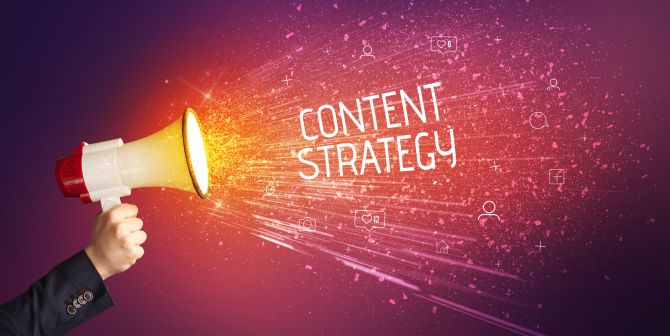
With the rise of the digital age, content has become a crucial aspect for businesses to remain competitive. A solid content strategy is necessary to attract new customers, retain existing ones, or establish thought leadership in an industry. However, generating high-quality, engaging, and relevant content can take time and effort. This is where content services and marketing agencies come in. In this blog post, we will delve into the various types of content services, the advantages of partnering with a content marketing agency, and the essential components of an effective content strategy.
Key Elements of a Successful Content Strategy
A successful content strategy should include the following key elements:
- Clear Goals and Objectives: Your content marketing efforts should align with your overall business goals and objectives. Whether it's to increase website traffic, generate leads, or boost brand awareness, your content strategy should support your business objectives.
- Target Audience: Understanding your target audience is critical to developing a content strategy that resonates with them. Developing buyer personas can help you identify their pain points, challenges, and preferences.
- Relevant Topics: Your content should be relevant to your target audience and provide value to them. Conducting keyword research and monitoring industry trends can help you identify relevant topics to cover.
- Varied Formats: Different types of content can appeal to different audiences and help you reach them across various channels. For example, some audiences may prefer video content, while others may prefer written content.
- Consistent Brand Voice: Your content should reflect your brand voice and tone to establish consistency and build brand recognition.
- Promotion and Distribution: Sharing your content across different channels and platforms is critical to reaching a broader audience and driving engagement.
Types of Content Services
Content services encompass a wide range of activities, from content creation to distribution and promotion. Some common types of content services include:
- Content Creation: This involves developing different types of content, such as blog posts, whitepapers, e-books, case studies, infographics, and videos.
- Content Strategy: This consists in defining the goals and objectives of your content marketing efforts, identifying your target audience, developing buyer personas, and determining the topics, formats, and channels that resonate with your audience.
- Content Production: This involves the actual production of the content, including writing, editing, designing, and producing.
- Content Distribution: This involves sharing your content across different channels and platforms, such as social media, email, and third-party websites, to reach a broader audience.
Benefits of Working with a Content Management Agency
While some businesses may choose to handle their content marketing efforts in-house, working with a content marketing agency can provide several benefits, including:
- Expertise: Content marketing agencies have a team of experienced professionals who specialise in different areas of content marketing, from strategy development to content creation and distribution.
- Scalability: As your business grows, your content marketing needs may evolve, and working with an agency can provide the flexibility to scale up or down as needed.
- Efficiency: Outsourcing your content marketing efforts can free up your internal resources and allow you to focus on other areas of your business.
- Measurable Results: Content marketing agencies typically have access to a range of analytics tools that can measure the success of your content marketing efforts and provide insights to refine your strategy.
From Good to Great
According to a recent survey, businesses that prioritise content marketing efforts are six times more likely to achieve their marketing goals than those that don't. Additionally, a separate study found that companies with an active blog generate 67% more leads per month than those without.
Looking towards the future, the demand for high-quality content is only expected to increase. A robust internal content distribution strategy is critical to achieving digital marketing success. By partnering with digital marketing agencies, creating high-quality content, and leveraging data-driven insights, businesses can drive engagement, build brand awareness, and ultimately achieve their marketing goals. As the digital landscape continues to evolve, investing in your content marketing efforts will be vital to staying competitive and driving growth in the years to come.






